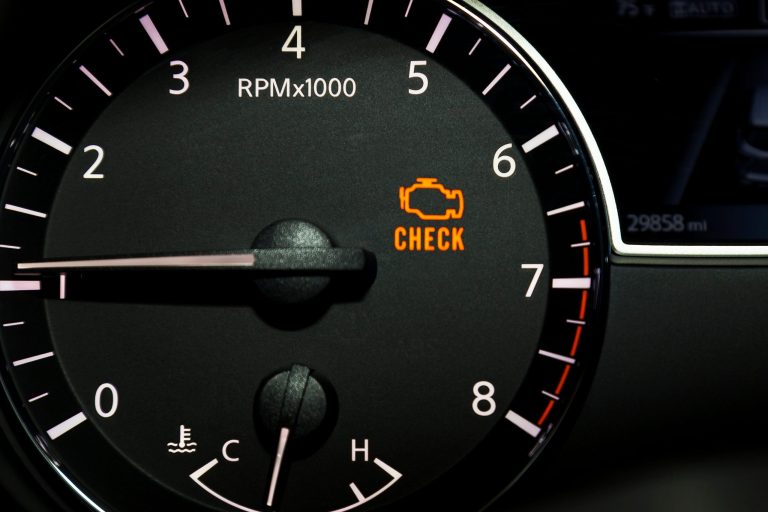In the summer of 2023, Chrysler made a significant announcement regarding a recall affecting over 331,000 Jeep Grand Cherokee vehicles, including specific models such as the 2022-2023 Jeep Grand Cherokee and the 2021-2023 Jeep Grand Cherokee L SUVs.
This extensive recall impacts nearly all new Cherokee owners nationwide. Here’s essential information about the risks it presents and the steps you can take to rectify the issue.
Understanding the Jeep Cherokee Steering Recall
The recall was initiated due to potential issues with improperly installed rear coil springs, posing a significant safety risk as they could detach while driving. Stellantis, the parent company of Chrysler and Jeep, estimated that approximately 13% of the recalled vehicles might experience problems involving the Jeep Grand Cherokee steering shaft. Owners of the affected models were advised to contact their local Jeep dealer for an inspection.
The recall specifically targeted 114,302 units of the Jeep Grand Cherokee manufactured between October 19, 2021, and April 4, 2023, and 217,099 units of the Grand Cherokee L manufactured between January 27, 2021, and April 4, 2023.
The primary cause of the steering issue in the Grand Cherokee was identified as an assembly error during the manufacturing process. The intermediate shaft, a crucial component of the steering column responsible for connecting the steering wheel to the steering system, may not have been correctly installed. If this shaft was not properly installed, it could potentially detach from the steering system, resulting in a loss of steering control. This posed a significant safety risk to both the driver and other road users.
Warning signs of this issue included unusual noise when turning the steering wheel, indicative of the loose intermediate shaft moving within the steering column, and slight play in the steering, where the steering wheel could move slightly without causing any change in the direction of the front wheels.

The Risks of Faulty Steering Systems
A malfunctioning steering system in a car can pose several risks and hazards, both to the driver of the vehicle and to others on the road. Here are some of the primary risks associated with a malfunctioning steering system:
1. Loss of Control: The most significant risk is the loss of vehicle control, impacting the driver’s ability to navigate turns, avoid obstacles, or maintain proper lane position.
2. Increased Accident Risk: Faulty steering can significantly increase the risk of accidents, including collisions with other vehicles, pedestrians, or roadside objects, especially in high-speed scenarios.
3. Difficulty in Maneuvering: A compromised steering system can make it difficult to maneuver the car, particularly in emergencies requiring swift and precise steering adjustments.
If you notice any abnormalities in steering, such as unusual noises or harder steering wheel movement, promptly take your Jeep to a qualified mechanic for inspection.
Is Your Jeep Cherokee Affected by the Recall?
To determine if your Jeep is subject to a recall, you can use the National Highway Traffic Safety Administration (NHTSA) website. Here’s a brief guide on how to do it:
1. Locate Your Vehicle Identification Number (VIN): Your car’s VIN is a unique 17-character identifier, usually found on the lower left of your car’s windshield, the label inside your driver-side doorjamb, or on your vehicle’s registration or insurance documents.
2. Visit the NHTSA Website: Go to the NHTSA’s recall page at NHTSA.gov/Recalls. 3. Enter the VIN: Use the Recalls Lookup Tool on the NHTSA website to check for any open recalls by entering your VIN.
4. Review the Results: The search will inform you if your vehicle is currently subject to any open safety recalls, covering recalls conducted over the past 15 calendar years.
5. Follow Up If Necessary: If your vehicle is affected by a recall, contact your automaker’s local dealer to schedule a free repair.
Additionally, the NHTSA offers a SaferCar app that allows you to enter your VIN and automatically check for recalls, providing convenient access to recall information on your mobile device.
How to Address Recurring Jeep Cherokee Manufacturing Defects
If you’re experiencing manufacturing defects with your Jeep Cherokee that haven’t been resolved through standard warranty repairs, filing a lemon law claim may be a viable option. Lemon laws vary by state in the U.S. but generally provide legal recourse for consumers who purchase vehicles failing to meet quality and performance standards. Here’s a general process for pursuing a lemon law claim:
1. Document the Issues: Keep detailed records of all problems experienced with your Jeep Cherokee, including dates, descriptions of issues, and safety concerns, along with repair attempts.
2. Warranty Repairs: Ensure that the issues have been addressed under the manufacturer’s warranty, as lemon laws typically require a reasonable number of attempts to fix the problem. 3. File a Lemon Law Claim: If the problem persists despite repeated repair attempts, consider filing a Lemon Law claim, which may involve submitting a complaint to a state consumer protection agency or initiating legal action.
4. Consult a Lemon Law Attorney: Lemon law proceedings can be complex, so it is advisable to consult an attorney specializing in lemon law cases. Many states’ lemon laws allow consumers to recover the attorney’s fees.
Remember, the process and your eligibility can vary depending on your vehicle and the specific circumstances of your case. Seek legal advice to understand your rights and the appropriate course of action.









